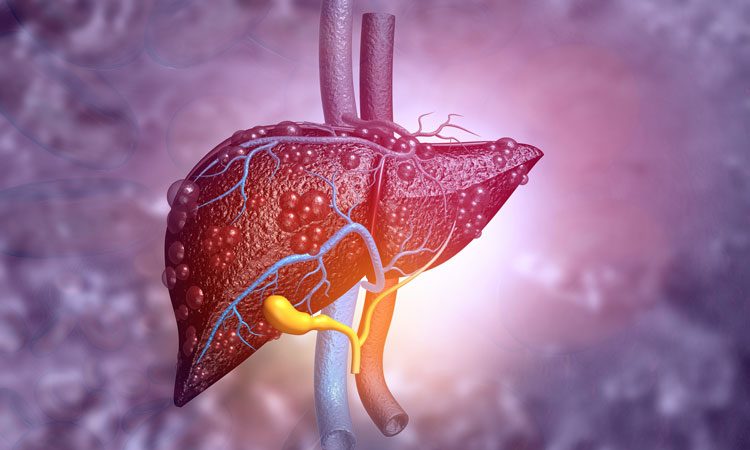Clinical trial shows cell therapy could be safe for liver disease patients
Posted: 10 October 2019 | Rachael Harper (European Pharmaceutical Review) | No comments yet
A new cell therapy has been tested in patients with liver cirrhosis and found no significant adverse effects.


Liver disease patients could one day benefit from a new cell therapy which has just completed its first clinical trial.
The therapy had no significant adverse effects when researchers from MRC Centre for Regenerative Medicine at the University of Edinburgh tested the potential treatment in patients with liver cirrhosis – where long term damage produces scarring.
During the trial, scientists took cells from the blood of nine patients with the disease and turned them into white blood cells called macrophages, which are key to normal liver repair. The new cells were then re-injected into the patient with the hope of repairing the damaged organ from within.
Now, the researchers will gauge the effectiveness of the treatment.
“Liver cirrhosis is a major healthcare issue in the UK and is one of the top five killers,” said Professor Stuart Forbes, Chair of Transplantation and Regenerative Medicine, MRC Centre for Regenerative Medicine at the University of Edinburgh. “The results from this first safety trial are encouraging and we can now progress to testing how effective it is in a larger group of people.
If this was found to be effective it would offer a new way to tackle this important condition.”
The next stage of the trial will measure whether the therapy helps the liver to reduce scarring and stimulate regeneration. The results should be known within the next two years.
The only successful treatment for end-stage liver cirrhosis right now is an organ transplant, so the safety trial is a vital step forward in finding an alternative therapy, the university says.
The study was published in Nature Medicine.
Related topics
Clinical Development, Clinical Trials, Gene therapy, Research & Development (R&D)









